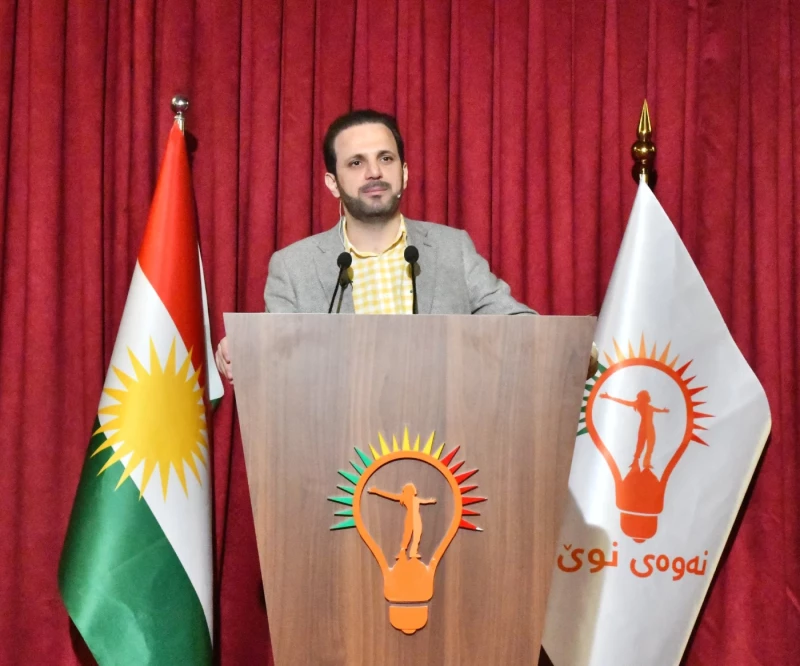Just under five thousand tons of garbage were collected from Sulaimani’s different resorts during the four days of Eid al-Adha as the province saw the largest number of tourists in the Kurdistan Region.
According to data from Sulaimani municipality, 4,800 tons of garbage were collected during the four days of Eid in the province’s different resorts.
“In the touristic places, 1,200 tons of garbage were collected during each day of Eid,” the spokesperson to the municipality, Zardasht Rafiq, told The New Region.
This comes as around 125,000 tourists from different Iraqi provinces arrived in Sulaimani during the four days of Eid al-Adha.
Sulaimani got the lion’s share of a total of over 387,000 tourists who visited the Kurdistan Region for Eid.
Due to relatively more moderate temperatures and the different landscapes, the Kurdistan Region is seen as a popular holiday destination for many Iraqis, however garbage and waste are often left behind as a result of such flocking of tourists.
The country already suffers from large loads of garbage and waste.
According to the ministry of environment, each Iraqi individual disposes of around one kilogram of waste per day.
According to a mid-2022 report by the United Nations Environment Programme, Iraq trailed only Bahrain in the Central Asia region regarding food waste.
The report revealed that an average Iraqi discards around 120 kilograms of food per year, contributing to an annual food waste tally of approximately five million tons in the country.
Data from the Karbala Municipality highlights this concern.
Throughout the period of Imam Hussein's Arbaeen pilgrimage in 2022, officials reported the collection of 149,000 tons of waste. Following the conclusion of the Arbaeen pilgrimage in September 2023, the Karbala Municipality had amassed nearly 200,000 tons of waste, deploying over 500 cleaning vehicles.
According to data from the Central Statistical Organization for the Environmental Services Sector in 2021, the total annual collection of regular waste, which includes food waste, stood at 11.2 million tons.
On average, each person generates 1.3 kilograms of waste per day, with a significant portion of this waste ending up in landfill sites lacking environmental approvals, totaling 149 landfills.
According to UNDP in 2022, “Iraq lacks real waste management infrastructure to dispose this waste in a proper way that ensures no negative environmental nor health effects, therefore, most of it gets disposed in unregulated landfills.”
The UNDP report added that such practices “end up costing Iraq a high price when it comes to its commitments to reduce greenhouse gas emissions, in addition to all the pollution of soil and water they directly cause.”



 Facebook
Facebook
 LinkedIn
LinkedIn
 Telegram
Telegram
 X
X


